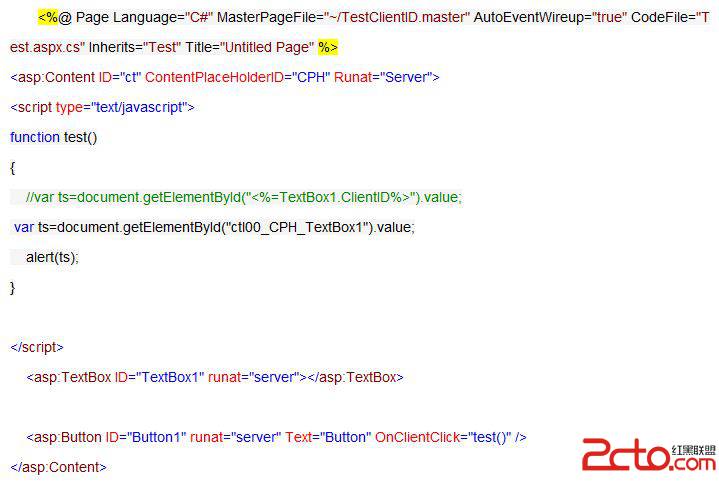Java枚举:覆写toString,再看equals、hashCode
仍然采用 Java 枚举:理解枚举本质 例子。稍加修改。
[java]
package mark.demo;
public class EnumDemo {
public static void main(String[] args) {
for (Color color : Color.values()) {
System.out.println(color);
}
}
public enum Color {
RED("red color", 0), GREEN("green color", 1), BLUE("blue color", 2), YELLOW(
"yellow color", 3);
Color(String name, int id) {
_name = name;
_id = id;
}
private String _name;
private int _id;
public String getName() {
return _name;
}
public int getId() {
return _id;
}
}
}
打印结果

原本以为会打印如下形式的东西


但是,实际情况不是这样。具体可以查看 Enum 的源码,看看 toString 方法:
[java]
/**
* Returns the name of this enum constant, as contained in the
* declaration. This method may be overridden, though it typically
* isn't necessary or desirable. An enum type should override this
* method when a more "programmer-friendly" string form exists.
*
* @return the name of this enum constant
*/
public String toString() {
turn name;
}
注释写的很明白,返回的是 the name of enum constant(枚举常量值的名字)。
如果我们想要得到如期的结果,需要重写 toString 方法。
[java]
package mark.demo;
public class EnumDemo {
public static void main(String[] args) {
for (Color color : Color.values()) {
System.out.println(color);
}
}
public enum Color {
RED("red color", 0), GREEN("green color", 1), BLUE("blue color", 2), YELLOW(
"yellow color", 3);
Color(String name, int id) {
_name = name;
_id = id;
}
private String _name;
private int _id;
public String getName() {
return _name;
}
public int getId() {
return _id;
}
@Override
public String toString() {
return _name + "," + _id;
}
}
}
上面代码里面使用增强 for 循环调用 values() 方法,遍历枚举的值,也可以这样来遍历:
[java]
for (Color color : Color.values()) {
System.out.println(color.getName() + "," + color.getId());
}

Enum 类的 equals、hashCode 方法
[java]
/**
* Returns true if the specified object is equal to this
* enum constant.
*
* @param other the object to be compared for equality with this object.
* @return true if the specified object is equal to this
* enum constant.
*/
public final boolean equals(Object other) {
return this==other;
}
/**
* Returns a hash code for this enum constant.
*
* @return a hash code for this enum constant.
*/
public final int hashCode() {
return super.hashCode();
}
都是 final 的,很明显,设计者不想让子类去重写这两个方法。
的确,在枚举里面无法重写这两个方法。但是如何使用这个方法呢?
现在,我们不去重写 toString 方法,看看 equals 效果。
[java]
public enum Color {
RED("red color", 0), GREEN("green color", 1),
BLUE("blue color", 2), YELLOW("yellow color", 3);
Color(String name, int id) {
_name = name;
_id = id;
}
private String _name;
private int _id;
public String getName() {
return _name;
}
public int get
补充:软件开发 , Java ,



